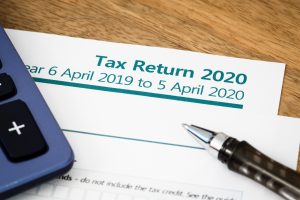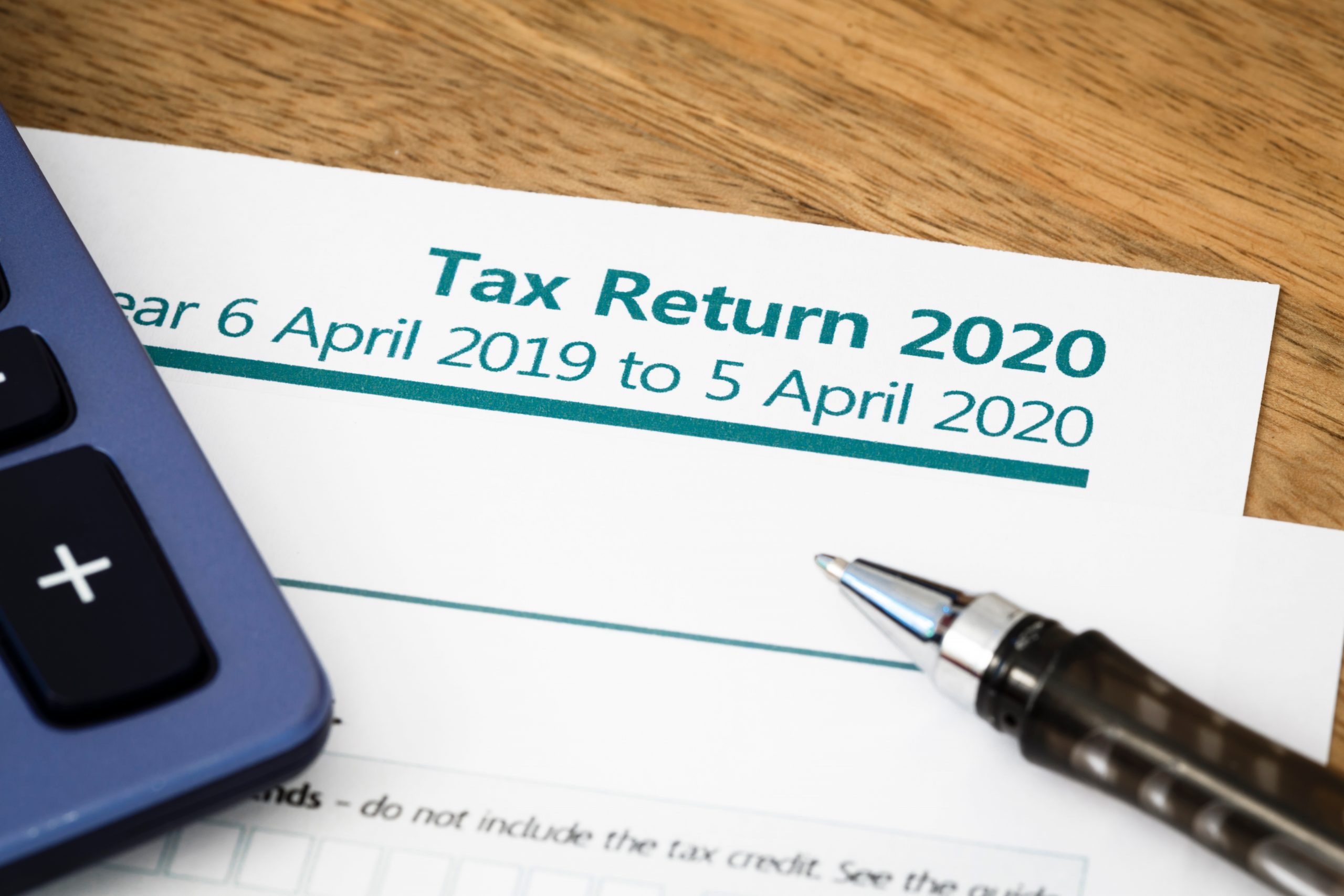
Uniform workers
According to national statistics, 2 in 3 people who wear a uniform for work can claim uniform tax allowance.
HMRC understands that it is a requirement for some people to wash and wear a uniform to work, which can generate an expense. HMRC offers specific rates for various professions. The reason for this is some professions require you to clean your clothes more often than others. An example of this is healthcare workers. Some of these allowances can be up to £1000 per annum. For higher rate taxpayers, this would mean that for basic rate tax payers, this could be an overpayment of £200 per annum.
Work tools and equipment
In situations where employees are required to pay for tools and equipment for their job, tax is deductible which means you may be entitled to tax relief.
Various industries are eligible to claim back on the different tools that they use. The tools/equipment must be necessary for the completion of work duties and must have been paid by the individual.
Mileage
For workers who are required to travel and work at different locations, they could be due a Work Mileage Rebate. This may not be reimbursed from their employer.
HMRC has set out flat rates for claiming mileage expenses. This is 45p per mile for the first 10,000 miles and 25p per mile for any miles incurred after for that specific tax year.
Professional subscriptions
For some employees, it may be necessary for them to also pay professional subscription costs. Some of these costs may be reimbursed by the employer, but for some workers, they may have to pay the expenses themselves. If this is the case then a tax repayment could be due from HMRC.
Marriage Allowance
In April 2015, the UK Government introduced Marriage Tax Allowance, a new income tax break for married couples and civil partners.
Marriage Allowance allows the lower earner within the marriage or civil partnership to transfer £1,250* of their unused Personal Allowance to their higher-earning partner. Doing this will reduce the higher earner’s income tax bill by £250*
(*Based on 2019/2020 personal tax allowance).
Marriage Allowance is an elective tax break, meaning that eligible couples will not receive the tax break unless a claim is made. If no claim for Marriage Allowance is made, the taxpayer’s entitlement is simply written off, and the funds retained by the Government.
PPI Tax Refund
Payment protection insurance (PPI), was designed to cover repayments in certain circumstances where you couldn’t make them yourself. These included if you were made redundant or couldn’t work due to an accident, illness, disability or death.
Many firms deduct tax from PPI payouts at the basic 20 per cent rate, meaning non-taxpayers are due the money back.
In April 2016, they began rolling out a scheme that means basic rate taxpayers can earn £1,000 a year tax-free interest on their savings which includes statutory interest on PPI payouts.
Since then, most savings interest has been paid without any tax being taken off, but Payment Protection Insurance still has 20% deducted from it automatically.
This means you could still be owed money even if you have already received your PPI payout in the past four years.
Moving Jobs
When an employee leaves one job to start another, a P45 is issued by the former employer. The new employer then uses the P45 to collect the details of the employee’s PAYE code as well as other information such as previous GROSS pay and tax deducted figures. However, if the P45 is not issued, the new employer does not have details of what has previously been paid. They usually have to issue an emergency code. In these situations, it is common for overpayments to occur as the employee would not have received their full allowances for the year.
Having multiple jobs/sources of income
If you have multiple jobs and sources of income, you could be paying too much tax without knowing it. HMRC usually corrects this mistake once alerted and you could be due a tax rebate.
HMRC error
If HMRC has issued incorrect PAYE codes to the employer, then you could be due a tax rebate.
Employee error
If you started a new job your employer may have given you an emergency tax code for a while or they may have been using the wrong tax code. If this is the case, errors can occur meaning you could be overpaying tax and be due a tax rebate.
Date posted: 26/05/2020


